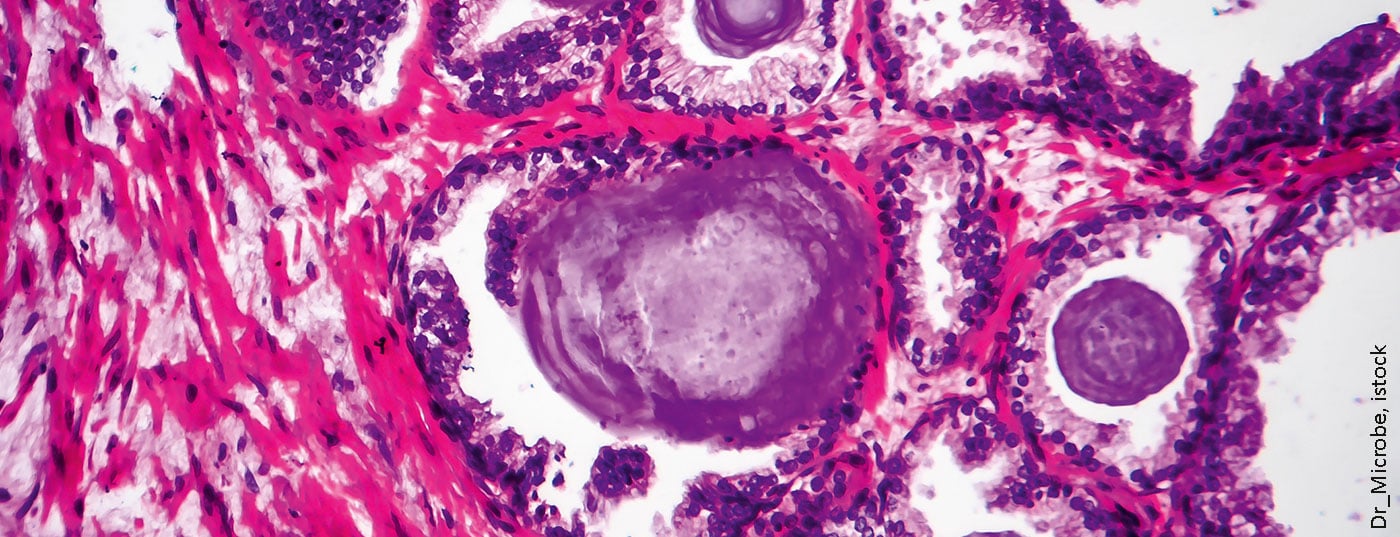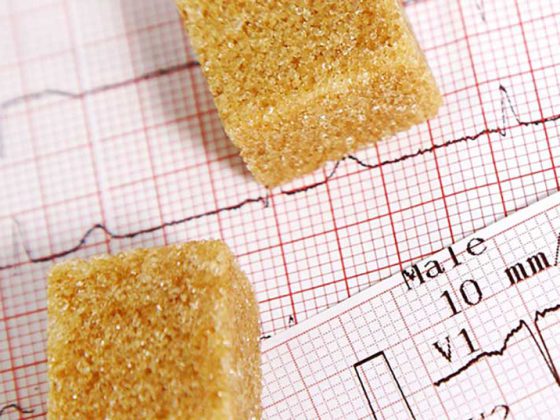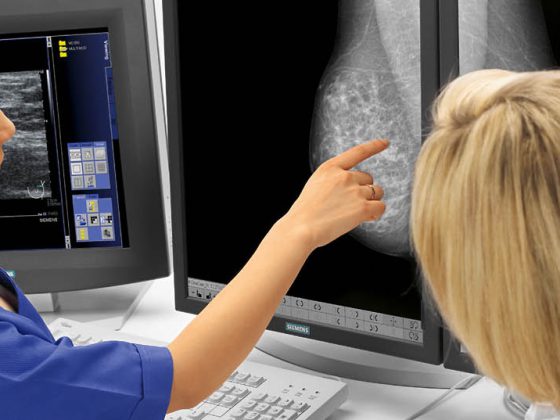Benign prostatic hyperplasia is a common urological condition caused by non-malignant enlargement of the prostate. About one-third of men over 40 report lower urinary tract problems in this context. A phytotherapeutic combination of active ingredients significantly reduces prostate cell proliferation and also shows an anti-inflammatory effect.
Benign enlargement of the prostate gland (BPH) often presents in aging men. The inner part of the prostate enlarges and can squeeze the urethra. It is not uncommon for lower urinary tract symptoms (LUTS), such as discomfort during urination, to then occur. Between the ages of 51 and 60, half of men suffer from it, and in men over 80 it is already up to 90%. At the histologic level, BPH is characterized by hyperproliferation of both stromal and glandular cell compartments in the transition zone and periurethral areas of the prostate. Medical treatment of LUTS therefore aims to reduce cell proliferation by inhibiting 5α-reductase enzymes involved in the conversion of testosterone to its active metabolite dihydrotestosterone (DHT). Bladder overactivity and smooth prostate tone should also be lowered. A variety of treatment options are available with α-blockers, 5α-reductase inhibitors (5ARIs), antimuscarinics, phosphodiesterase type 5 inhibitors (PDE5Is), and herbal medicines. However, these have not yet been able to influence the progression of the disease.
In recent years, it has been demonstrated that an increase in immune cells in the hyperplastic prostate is a risk factor for disease progression. A clear relationship between chronic prostatic inflammation, LUTS severity, and acute urinary retention was established. However, the underlying biochemical pathways are very complex, but indicate that inflammation is of interest as a therapeutic target.
Phytotherapy on the test bench
Therefore, for the phytopharmaceutical drug combination of a lipophilic extract from fruits of Sabal serrulata and an aqueous ethanolic extract from roots of Urtica dioica (Prostagutt forte®), the growth and anti-inflammatory properties were investigated with regard to the progression of BPH in the mouse model. Both components have a very long tradition as herbal remedies in folk medicine in Europe and the USA. Lipophilic extracts of saw palmetto fruit exert multiple mechanisms of action, including antiandrogenic, anti-inflammatory, anti-edematous, spasmolytic, and antiproliferative effects. These activities are mediated by inhibition of 5α-reductase, dual inhibition of cyclooxygenase and 5-lipoxygenase, inhibition of α1-adrenoceptors, and inhibition of growth factors. For aqueous ethanolic nettle root extracts, inhibition of aromatase, inhibition of leukocyte elastase, and inhibition of membrane Na+ – and K+ -ATPase activity that may restrict prostate cells are also discussed.
The transgenic probasin-prolactin (Pb-PRL) mouse model, in which prostate-specific overexpression of PRL leads to several features of human disease, including tissue hypertrophy, epithelial hyperplasia, increased stromal cellularity, inflammation, and LUTS, was used for the study. Six-month-old heterozygous male Pb-PRL mice were randomly divided into five groups that received either the drug combination at different doses (300, 600, or 900 mg/kg/day), the 5α-reductase inhibitor finasteride (5 mg/kg/day), or vehicle (olive oil 5 ml/kg/day) for 28 consecutive days. There was good tolerability of oral treatment and a dose-dependent reduction in prostate weight. This effect was accompanied by a reduction in prostate cell proliferation as assessed by lower Ki-67 expression (qPCR and immunohistochemistry). In contrast, finasteride had little or no effect on these parameters. The growth inhibitory effect of the phytotherapeutic was accompanied by a strong anti-inflammatory effect, as evidenced by the decreased infiltration of cells expressing the common leukocyte antigen CD45. Finasteride, on the other hand, significantly increased inflammatory status.
Further reading:
- Pigat N, Reyes-Gomez E, Boutillon F, et al: Combined Sabal and Urtica Extracts (WSR 1541) Exert Anti-proliferative and Anti-inflammatory Effects in a Mouse Model of Benign Prostate Hyperplasia. Front. Pharmacol. 2019; 10:311.
GP PRACTICE 2020; 15(2): 33











